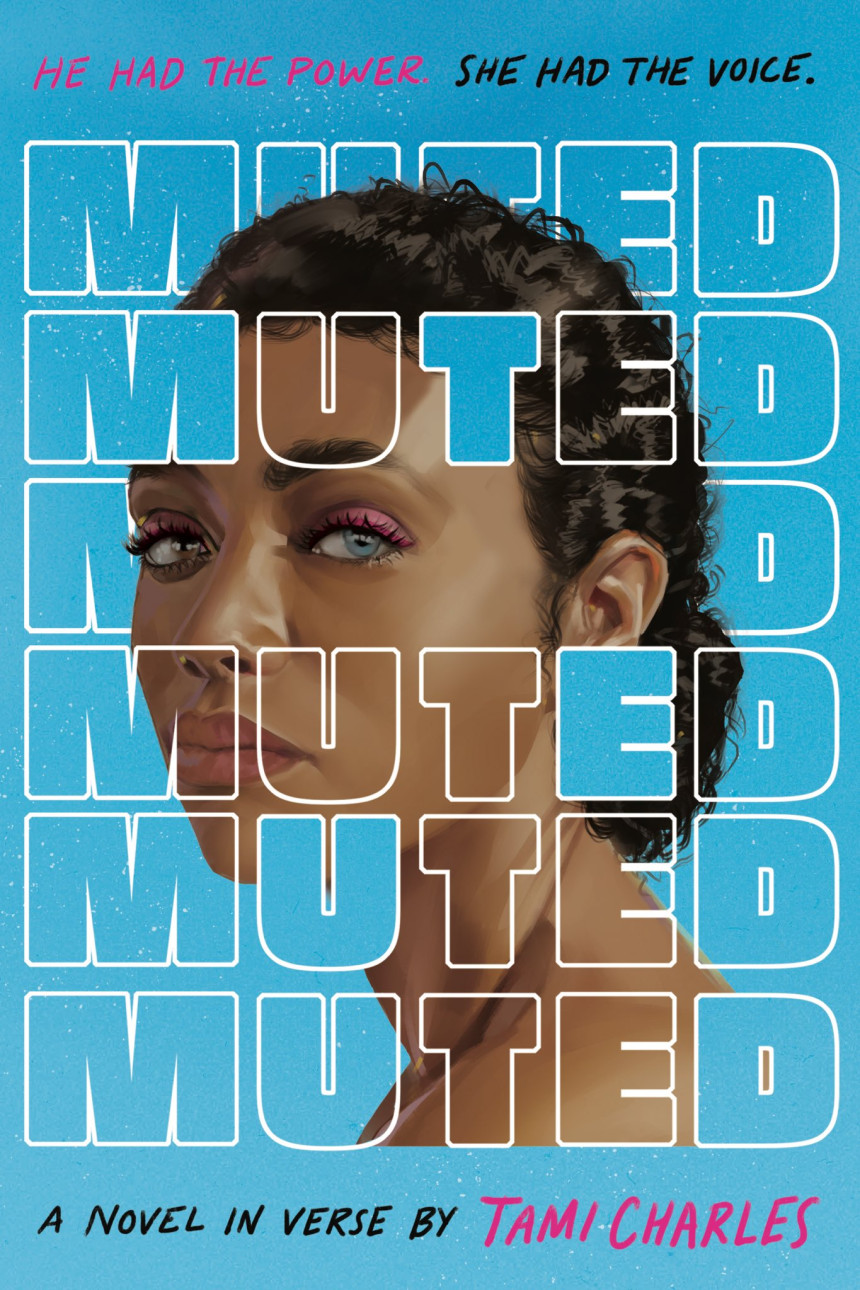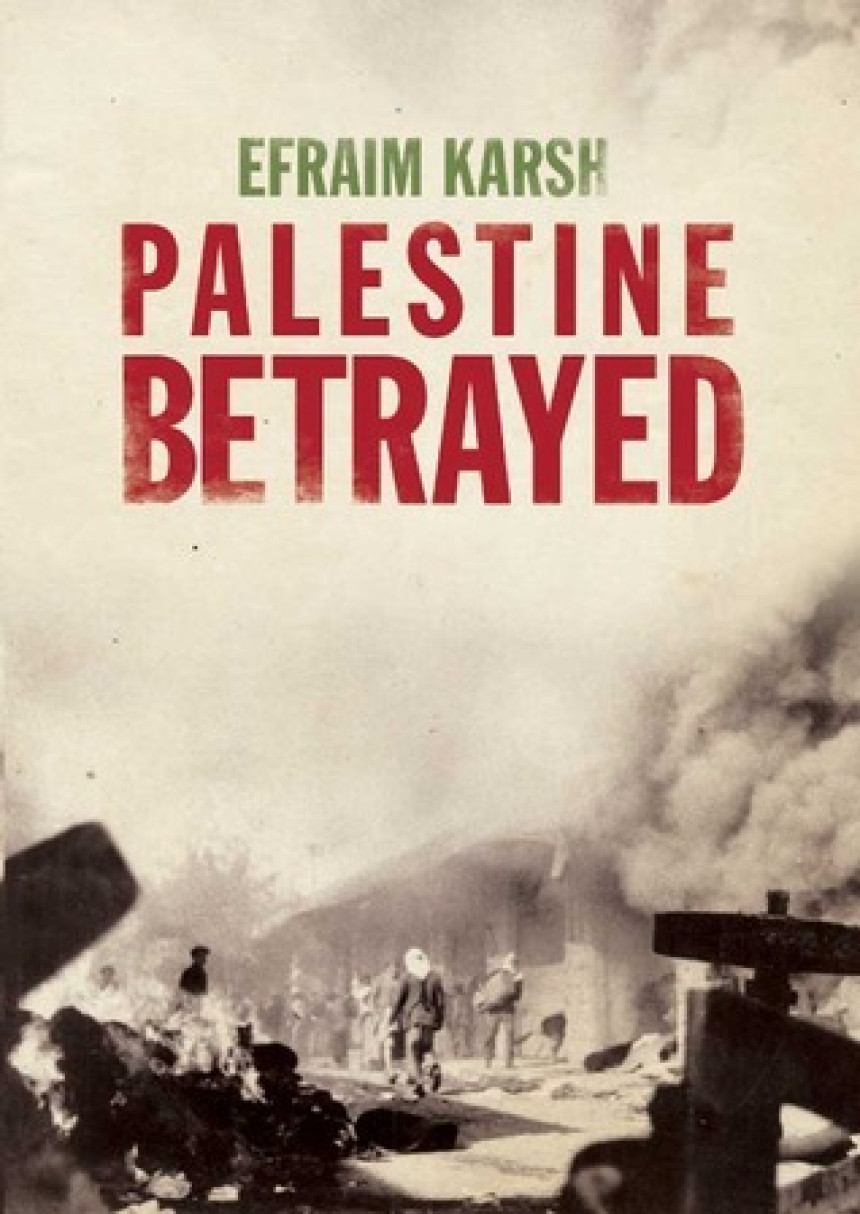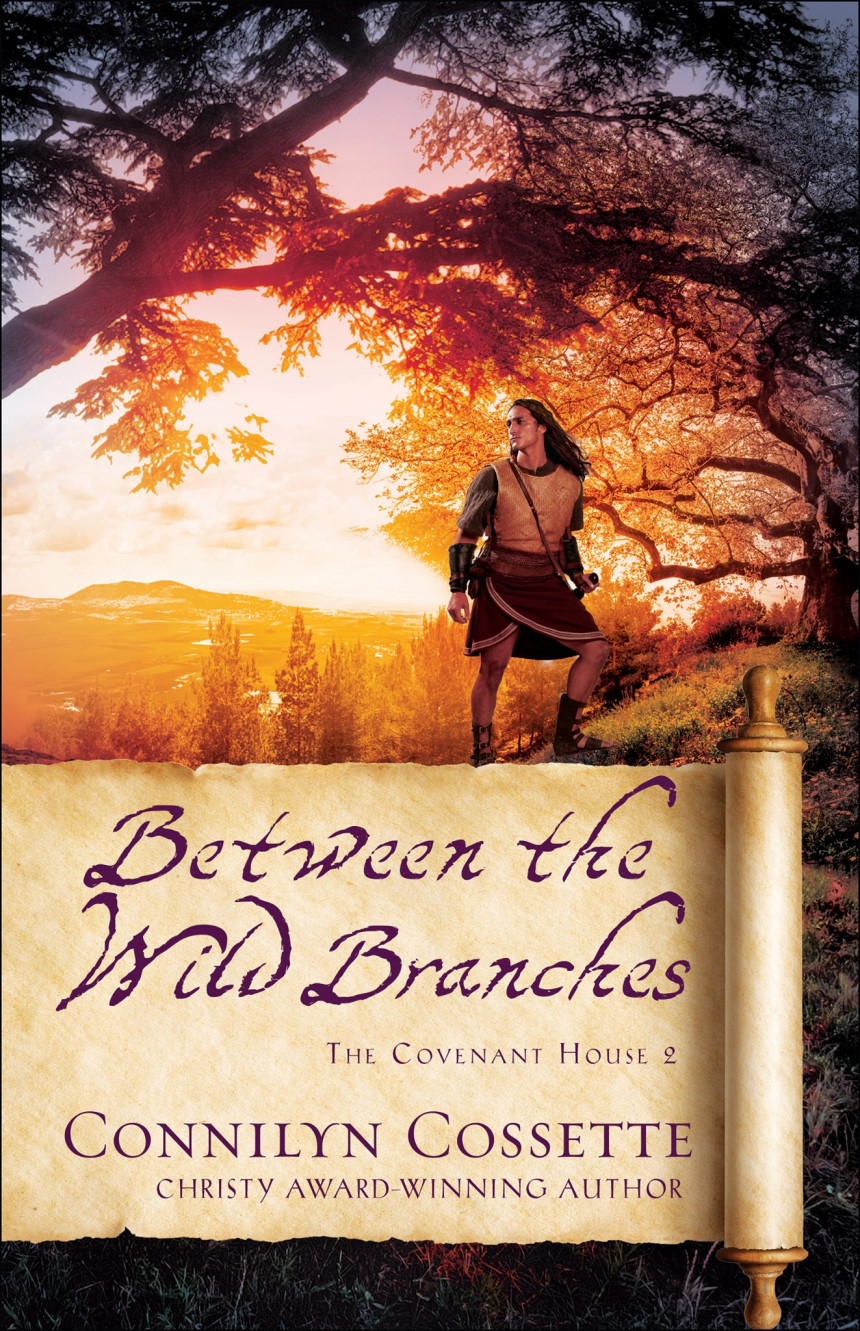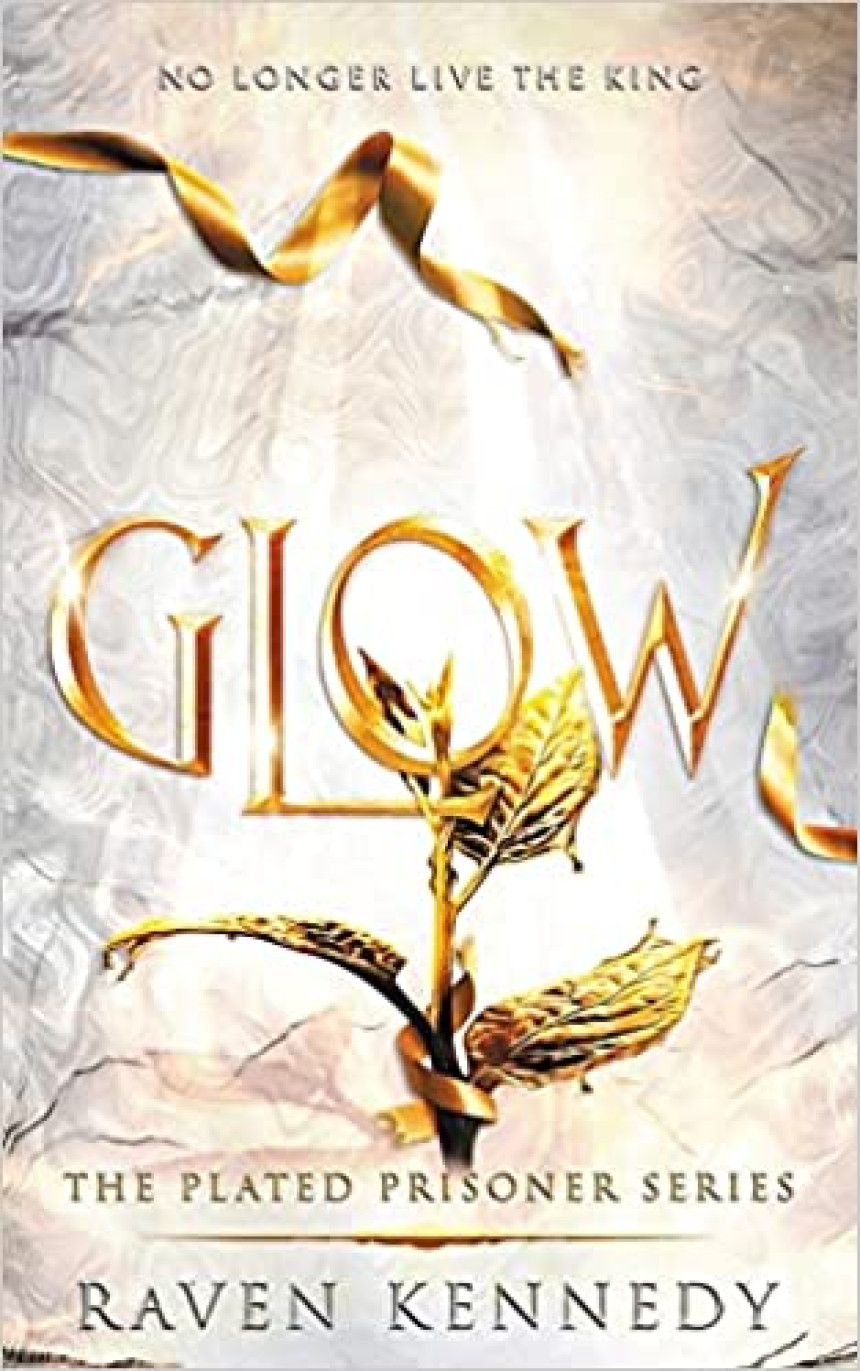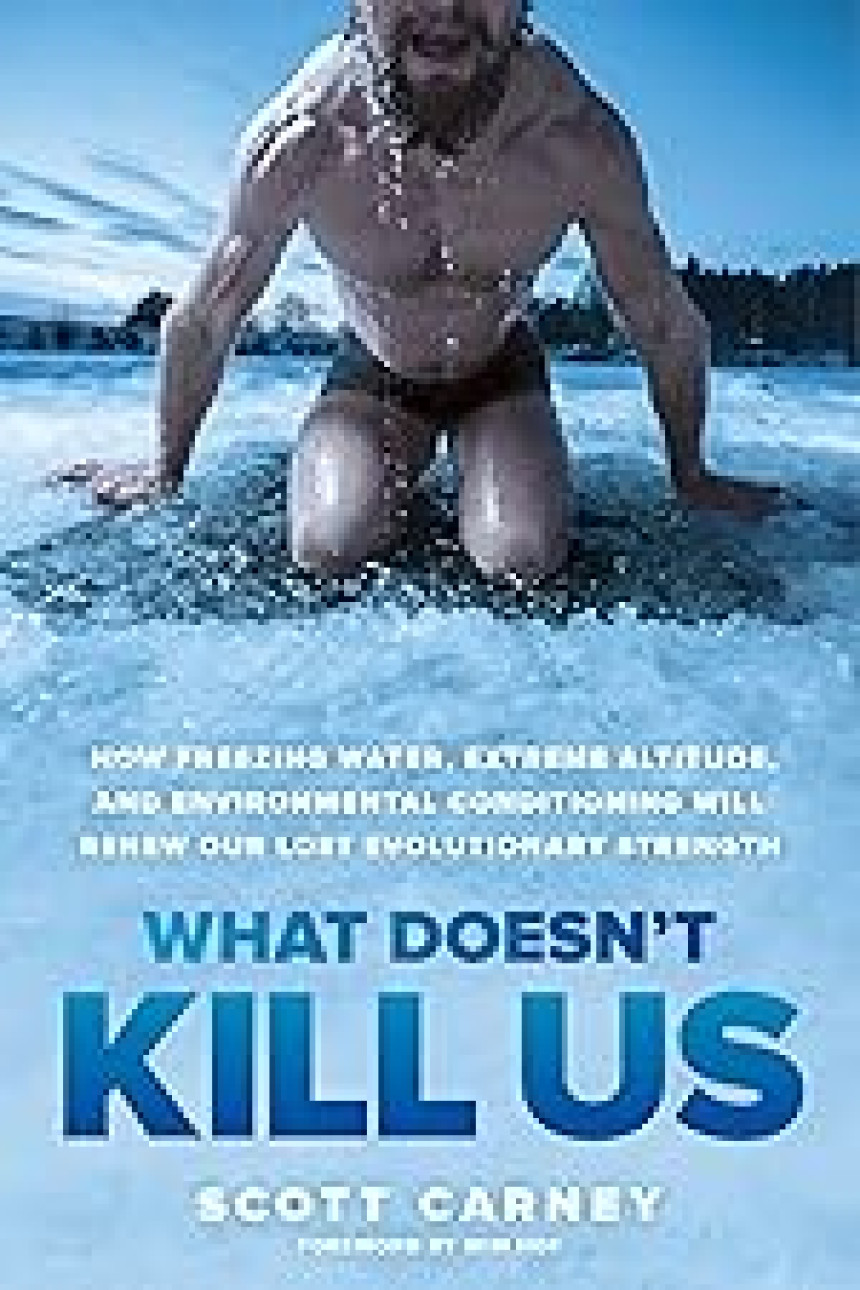
Free Download What Doesn't Kill Us by Scott Carney
A book of the year for the Evening Standard and The Times. Our ancestors crossed deserts, mountains, and oceans without even a whisper of what anyone today might consider modern technology. Those feats of endurance now seem impossible in an age where we take comfort for granted. But what if we could regain some of our lost evolutionary strength by simulating the environmental conditions of our forebears? Humans like to be comfortable. When it’s hot we switch on the air conditioning and when it’s cold we crank up the central heating. Yet thousands of us take part in challenges like Tough Mudder, Total Warrior and Survival of the Fittest, which take us well and truly out of our comfort zones. Scott Carney spent his days sitting at a desk staring at a screen. Approaching his mid-30s, he told himself that it was normal for his stomach to sag and for his legs to ache from under-use. Then he came across a picture of a nearly naked man twenty years his senior sitting on a glacier: Dutch guru Wim Hof, whose remarkable ability to control his body temperature in extreme cold has sparked a whirlwind of scientific study. Carney signed up to Hof’s one-week course, not realising that it would be the start of a four-year journey to unlock his own evolutionary potential. From hyperventilating in a dilapidated Polish farm house, to underwater weight-lifting with celebrities in California, What Doesn’t Kill Us sees Carney interview athletes, trainers and scientists about the astonishing and sometimes dangerous world of body transformation. He takes part in the UK’s original — and most difficult — obstacle course: Tough Guy, and completes a record-bending, 28-hour climb to the snowy peak of Mt Kilimanjaro, wearing nothing but a pair of shorts and running shoes. Above all, he learns that getting a little less comfortable might actually be the key to living a healthier, happier life.

